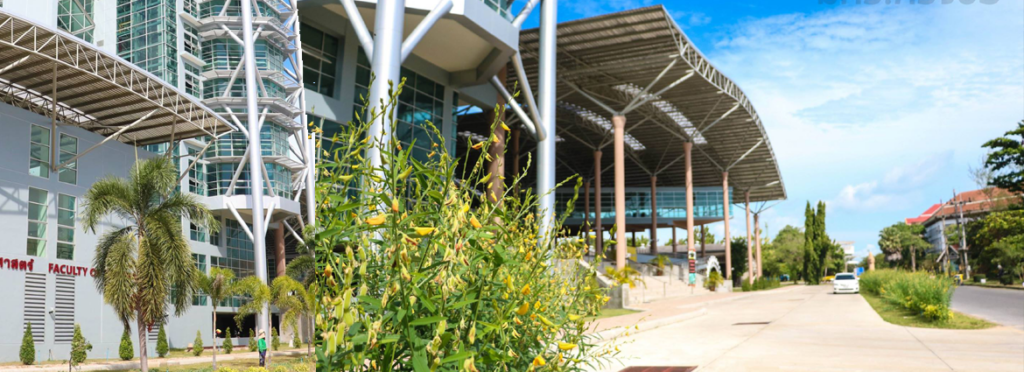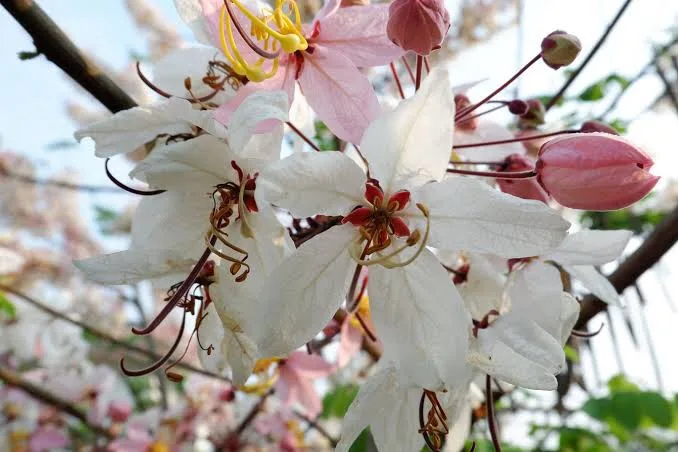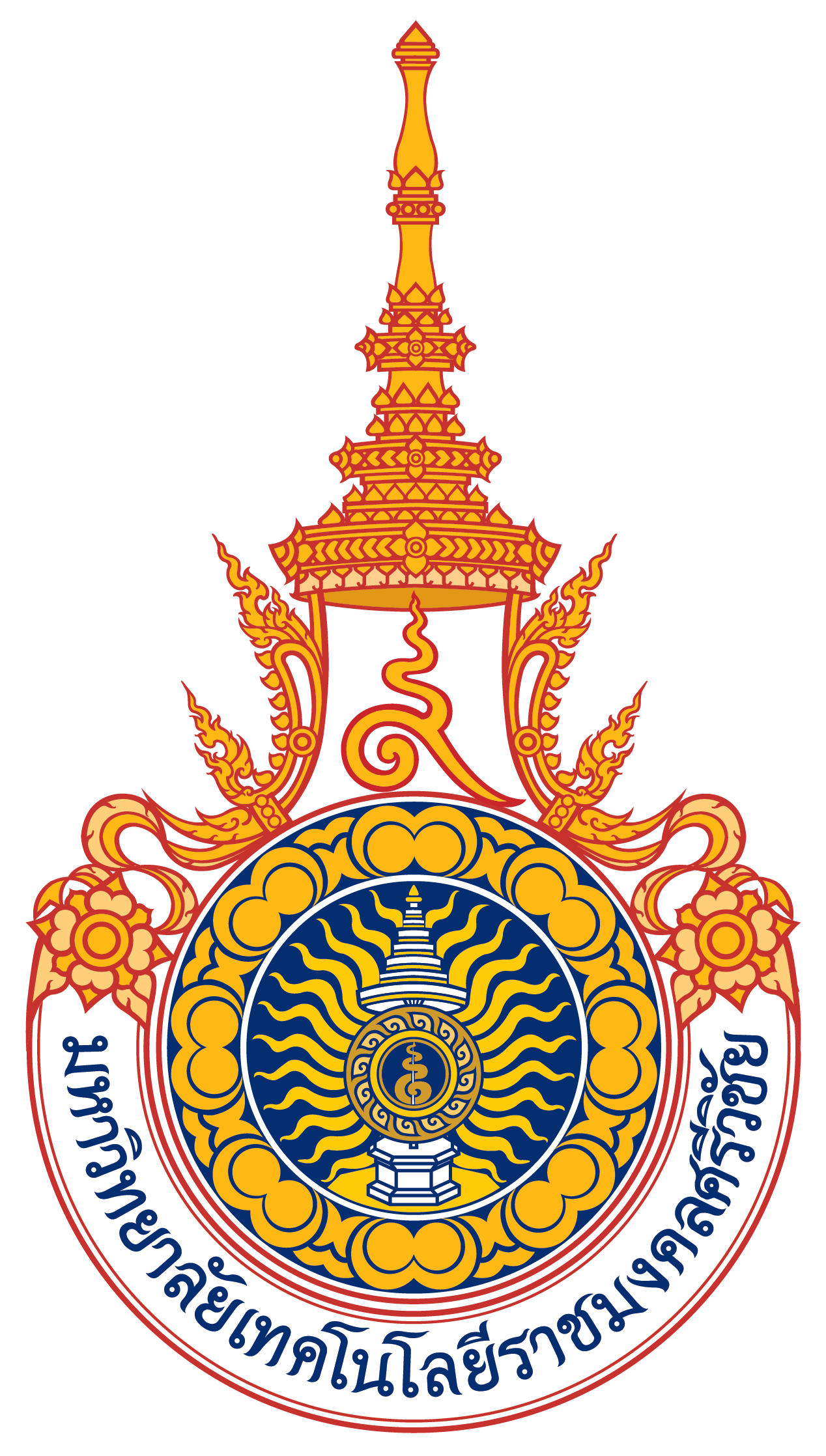
Background of the Faculty of Engineering
The Faculty of Engineering at Rajamangala University of Technology Srivijaya was established according to the Ministerial Regulation on the division of departments, announced in the Government Gazette, Volume 123, Part 118 Kor, pages 27-28, dated November 27, 2006, and effective from November 28, 2006. The Faculty of Engineering is committed to producing graduates who are practitioners with a solid academic foundation. In other words, they aim to create graduates who are both scholars and capable practitioners with professional quality, moral integrity, and ethics. The curriculum is developed to be diverse, flexible, and international to align with economic changes, social developments, and technological advancements. The faculty strives to expand opportunities, equity, and equality in higher education to the community, support educational management in the form of learning networks, and collaborate academically with other educational institutions and organizations, both public and private, domestically and internationally. The faculty aims to achieve academic excellence under a quality assurance system to be the educational hub of the community.
- In terms of research and invention, the faculty focuses on developing and improving management and research operations to be efficient, setting directions to create specialized excellence to meet economic and social changes. This is to systematically create knowledge that is continuous and applicable for developing prototypes and disseminating research results at an international level.
- Regarding academic services to society, the faculty has expanded the scope and forms of academic services to urban and rural communities to benefit from education, leading to improved quality of life, employment, and environmental preservation. This is achieved through creating and utilizing a learning society and information society, guiding and supporting the community.
- In terms of cultural and environmental preservation, the faculty engages in activities and organizational development in arts and culture. It instills awareness of the value of Thai culture and local wisdom in students and staff, promotes the integration of cultural activities with other missions, focuses on conserving arts and culture, and instills environmental responsibility.
Faculty of Engineering flowers

Cassia bakeriana flowers
Faculty of Engineering colors

Faculty of Engineering colors
Color reference code #800000
Faculty of Engineering organizational culture
“Harmonious, happy, up-to-date, and service-minded.”
Faculty of Engineering organizational values (Core Value)
“GEARS” are components of machinery responsible for transmitting power and driving various parts of the machine to operate. They are akin to cogwheels in managing organizational operations, achieved through collaborative efforts of everyone involved. This drives towards achieving common objectives and goals.
| G = Growth Mindset | Adjusting the attitudes of staff and students towards a common goal. |
| E = Excellence | Striving to be exemplary, virtuous, and capable of self-development in line with evolving technologies. |
| A = Agility | Working with flexibility to adapt to changes, develop systems, and mechanisms. |
| R = Responsibility | Taking responsibility for society with morality, ethics, and integrity. |
| S = Sustainability | สBuilding sustainable communities, organizations, environments, and incomes. |
Identity of the Faculty of Engineering
“Innovate, specialize in practice, and possess communication skills.”
Brand Identity of the Faculty of Engineering
“Professional practitioners in engineering.”
Identity of Rajamangala University of Technology Srivijaya
“Skilled in communication, proficient in practice.”
The desired characteristics of graduates from Rajamangala University of Technology Srivijaya
- Disciplined, honest, sacrificial, and committed to organizational ethics.
- Action-oriented, eager to learn, and industrious.
- Think critically, act decisively, and utilize effectively.
- Proficient in numerical analysis skills.
- Technologically adept with global communication skills.
- Responsible towards oneself and society.
- Capable of working both independently and in teams, in leadership and follower roles.
- Preserve Thai culture and the environment.
- Maintain physical and mental well-being.
